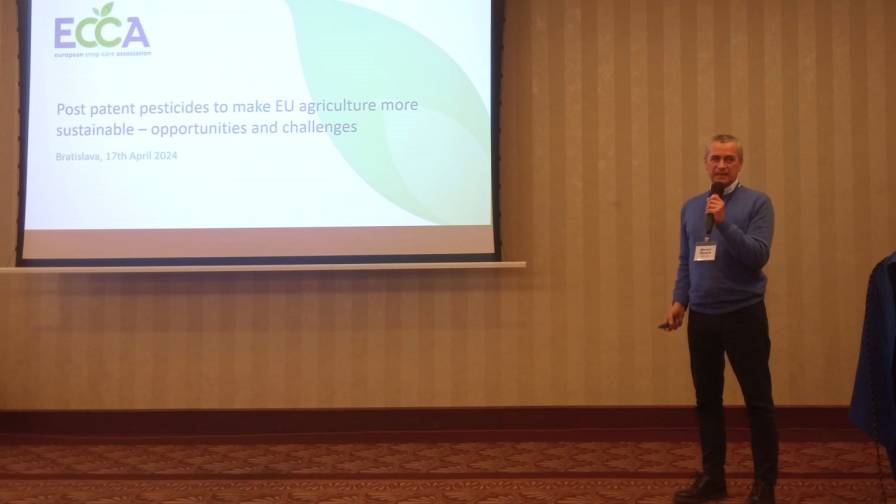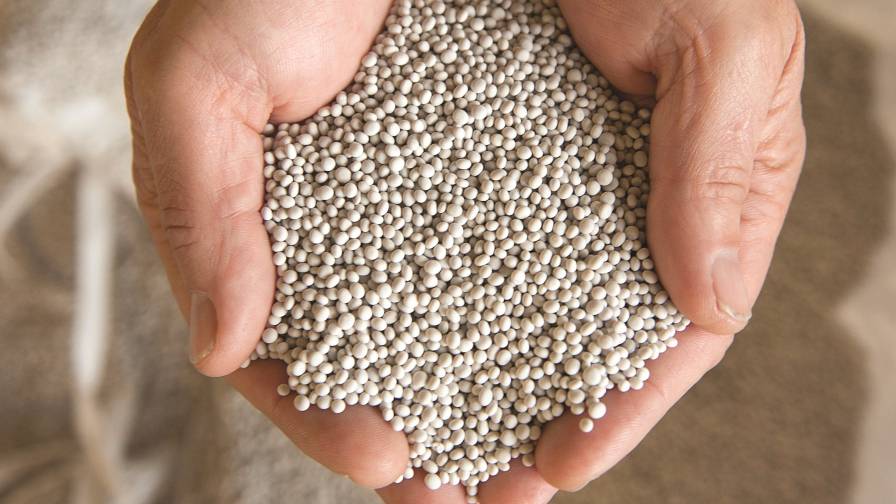Syngenta Crop Protection Sales Lifted by Fungicides in Brazil, North American Demand
Syngenta reported that its crop protection sales rose 3% at constant exchange rates to $2.4 billion in the third quarter, boosted by demand for its fungicide to combat soybean rust in Brazil and strong sales in North America. Excluding glyphosate, which it said is being deliberately reduced to improve profitability, sales rose 5%.
By region, Latin American sales rose 3%, or 8% excluding glyphosate. Drought affected sales in northern Latin America and in the Brazilian sugar cane market. Asia Pacific sales also rose 3%. Emerging markets “continued to perform well” despite the delayed monsoon in South Asia, while sales were lower in Australasia owing to limited weed and disease pressure.
Crop protection sales in Europe, Africa and the Middle East (EAME) fell 3% in the quarter, while seeds jumped 21%. In Central and North Europe, growth was driven by oilseed rape and Hyvido hybrid barley seeds. South East Europe continued to show good growth, while low season sales in the CIS were down. Sales in North America were driven by strong selective herbicide sales in advance of the next U.S. season. Insecticide sales also expanded with high pest pressure in the southern U.S. Seeds sales were lower primarily due to the divestment of the Dulcinea Farms business in December 2013.
Syngenta said it recorded strong growth in its Callisto selective herbicide in North America, which more than offset lower herbicide use on sugar cane in Latin America. Non-selective herbicides sales fell 10% as a result of the planned reduction in glyphosate volumes, while Gramoxone showed double-digit growth. Insecticides expanded in North America and in Brazil, where the Durivo family was effective against caterpillar pressure in soybean, corn and cotton. Growth in fungicides was mainly driven by demand for Elatus in Brazil, with orders of over $200 million: recorded sales for the first nine months were $75 million. Reduced seedcare sales reflected lower sales to other seed producers and the EU-wide suspension of the use of neonicotinoids, including Cruiser.
Seeds sales were 5% higher excluding the impact of the Dulcinea divestment. Corn and soybean sales were down 3% in the quarter. Robust growth in diverse field crops was driven mainly by hybrid barley and oilseed rape. Excluding Dulcinea, growth in vegetables was 9% with good performances in EAME and Asia Pacific.
Lawn and garden sales were down 5% reflecting weak demand in flowers in EAME and delays in vector control tenders in Africa.
Looking ahead, Chief Executive Mike Mack said: “Performance in the second half of the year is primarily driven by Brazil, where the season is just now under way and is still dependent on rainfall. We are seeing strong demand for our newly launched fungicide Elatus for which we are on track to achieve targeted sales.
For the first nine months of this year profitability has been affected by adverse currency movements and sales mix. As a result the full year EBITDA margin will be below last year’s level. In the fourth quarter we expect a higher rate of sales growth and for the full year continue to target integrated sales growth of around 6% at constant exchange rates. In a challenging market environment, our focus is on improving profitability and we are on track to realize the first benefits from the implementation of our operational leverage program in 2015.”






